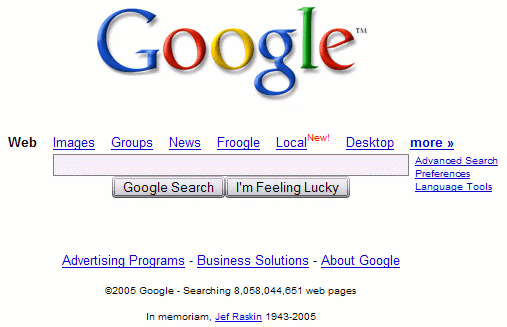For the most part, the news has been rather clear, though a few questions still remain.
- Who owns the trademarks? The Foundation or the Corporation? This doesn’t say if the corporation will be allowed to use the trademarks, or will inherit them. It hints at inheriting, though Asa makes it sound otherwise.
- Who ultimately has the final say? Is the Foundation ultimately still in charge? Or does the Corporation get the upper hand?
- Who do drivers@mozilla.org and module owners answer to? Foundation or the corporation? Mitchell said a while back
The key responsibility is that the Module Owner’s job is to act in the best interests of the community and the project at large, not in the interests of his or her employer. Ben has lived with these responsibilities as a volunteer, a Netscape employee, a Mozilla Foundation employee and now as a Google employee. We’re confident that Ben will continue to help us drive great innovations in the browsing world.
Speaking of Ben’s departure to Google. Now is the Foundation ultimately going to continue to lead the community? Or will the Corporation step into play here? Is it possible for the Foundation and Corporation to disagree? How will that be mediated?
- Since the creation of the Foundation, long term goals have been a bit more open (as opposed to Netscape). Will the Corporation be modeling it’s confidential information policy against the Foundation, or that of Netscape?
- Who is the property owner (office space, servers, other worldly possessions)? Corporation or Foundation (or some sort of split)?
- Is there any obligation (either by policy, or charter or contract) for the Corporations code to be open source? Or could they (in theory, don’t start the conspiracy train on me) fork it into a “Netscape” scenario? Who has a say in this (again Foundation or Corporation)?
- There’s some talk on the net about concerns regarding Mozilla’s Search relationships (and potential relationships). Does the Foundation have any say in potential business relationships? Can it prohibit or block them?
- Will SpreadFirefox be under the Foundation or the Corporation?
- Will products be moving to mozilla.com rather than mozilla.org? Or will they stay the same?
The ultimate question here is how much control will the Foundation have over the Corporation. As a wholly owned subsidiary, the Foundation should have substantial say, though it’s not quite clear just yet how a Corporation status will effect policies, most of the discussion thus far has been on day to day operation or “the basics” (will Firefox still be free? etc.) Hopefully a MoFo or MoCo (oh boy do I like the abbreviations) representative will be clarifying things in days to come. I’ll update this post if they do (nudges Asa and Mitchell).
 I noticed this on Google this evening.
I noticed this on Google this evening.